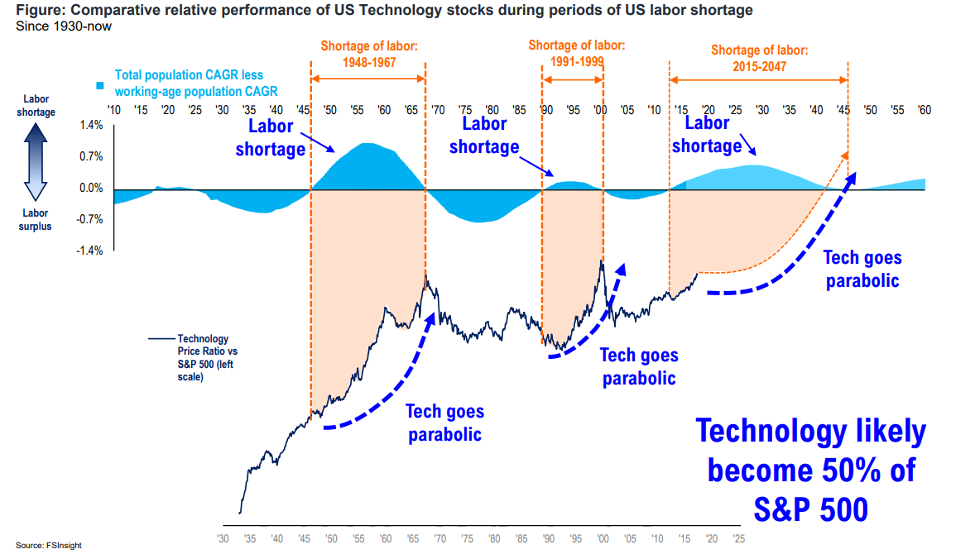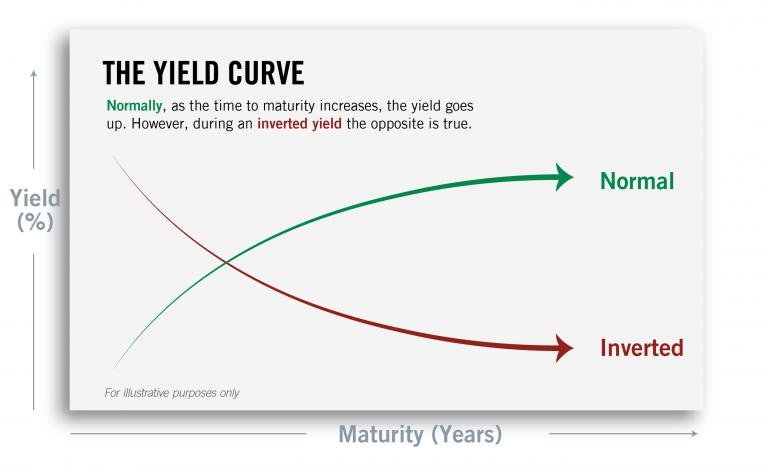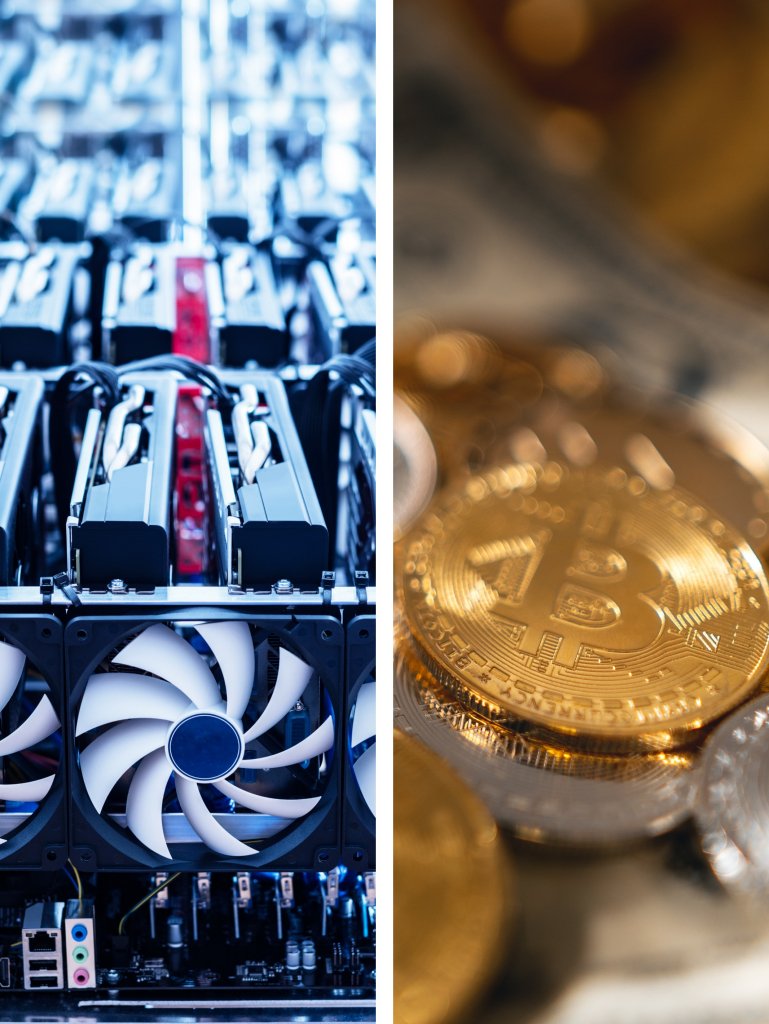-
Research
-
Latest Research
-
Latest VideosFSI Pro FSI Macro FSI Crypto
- Tom Lee, CFA AC
-
First WordFSI Pro FSI Macro
-
Intraday WordFSI Pro FSI Macro
-
Macro Minute VideoFSI Pro FSI Macro
-
OutlooksFSI Pro FSI Macro
- Mark L. Newton, CMT AC
-
Daily Technical StrategyFSI Pro FSI Macro
-
Live Technical Stock AnalysisFSI Pro FSI Macro
-
OutlooksFSI Pro FSI Macro
- L . Thomas Block
-
US PolicyFSI Pro FSI Macro
- Market Intelligence
-
Your Weekly RoadmapFSI Pro FSI Macro FSI Weekly
-
First to MarketFSI Pro FSI Macro
-
Signal From Noise
-
Earnings DailyFSI Pro FSI Macro FSI Weekly
-
Fed WatchFSI Pro FSI Macro
- Crypto Research
-
StrategyFSI Pro FSI Crypto
-
CommentsFSI Pro FSI Crypto
-
Funding FridaysFSI Pro FSI Crypto
-
Liquid VenturesFSI Pro FSI Crypto
-
Deep ResearchFSI Pro FSI Crypto
-
-
Webinars & More
- Webinars
-
Latest WebinarsFSI Pro FSI Macro FSI Crypto
-
Market OutlookFSI Pro FSI Macro FSI Crypto
-
Granny ShotsFSI Pro FSI Macro FSI Crypto
-
Technical StrategyFSI Pro FSI Macro FSI Crypto
-
CryptoFSI Pro FSI Macro FSI Crypto
-
Special GuestFSI Pro FSI Macro FSI Crypto
- Media Appearances
-
Latest Appearances
-
Tom Lee, CFA AC
-
Mark L. Newton, CMT AC
-
Sean Farrell AC
-
L . Thomas Block
-
⚡FlashInsights
-
Stock Lists
-
Latest Stock Lists
- Super and Sleeper Grannies
-
Stock ListFSI Pro FSI Macro
-
CommentaryFSI Pro FSI Macro
-
HistoricalFSI Pro FSI Macro
- SMID Granny Shots
-
Stock ListFSI Pro FSI Macro
-
PerformanceFSI Pro FSI Macro
-
CommentaryFSI Pro FSI Macro
-
HistoricalFSI Pro FSI Macro
- Upticks
-
IntroFSI Pro FSI Macro
-
Stock ListFSI Pro FSI Macro
-
PerformanceFSI Pro FSI Macro
-
CommentaryFSI Pro FSI Macro
-
FAQFSI Pro FSI Macro
- Sector Allocation
-
IntroFSI Pro FSI Macro
-
Current OutlookFSI Pro FSI Macro
-
Prior OutlooksFSI Pro FSI Macro
-
PerformanceFSI Pro FSI Macro
-
SectorFSI Pro FSI Macro
-
ToolsFSI Pro FSI Macro
-
FAQFSI Pro FSI Macro
-
-
Crypto Picks
-
Latest Crypto Picks
- Crypto Core Strategy
-
IntroFSI Pro FSI Crypto
-
StrategyFSI Pro FSI Crypto
-
PerformanceFSI Pro FSI Crypto
-
ReportsFSI Pro FSI Crypto
-
Historical ChangesFSI Pro FSI Crypto
-
ToolsFSI Pro FSI Crypto
- Crypto Liquid Ventures
-
IntroFSI Pro FSI Crypto
-
StrategyFSI Pro FSI Crypto
-
PerformanceFSI Pro FSI Crypto
-
ReportsFSI Pro FSI Crypto
-
-
Tools
-
FSI Community
-
FSI Snapshot
-
Market Insights
-
FSI Academy
-
Book Recommedations
- Community Activities
-
Intro
-
Community Questions
-
Community Contests
-
Part 4
Impact on Technology, Digital transformation and Artificial Intelligence in the Stock Market
Even though it may not seem like there is a global labor shortage because of the enormous unemployment rates we see, there is. This may be even more exacerbated if geo-political tensions and developments around COVID-19 continue to hamper and act as a regressive force on globalization. When there are not enough workers, one thing that will inevitably happen on a macroeconomic level is that managers will seek labor solutions that reduce, to the extent it will boost profitability, reliance on human labor. This tends to lead to managers using automation and artificial intelligence not to replace human labor completely but to supplement it and act as a major force multiplier. The world is short nearly a hundred million workers, and that number may increase as a result of COVID-19. In addition to the already ongoing global labor supply shortage, the pressure on many sectors of the economy to increase operating leverage can also augment and accelerate the forces that were already in motion.
Besides being a bullish harbinger for the companies that supply the cutting-edge, labor-replacing technology that will be widely needed by firms, this generally benefits the United States. After all, Silicon Valley will be one of the prime beneficiaries of this secular labor shortage. This is one of the reasons we continue to be bullish on US equities generally. We think there a few key forces that will result in the US decoupling from and exceeding the rate of growth in much of the rest of the world not possessing the same advantages like reserve currency status and deep, developed capital markets. The bottom line is that since 1970 there was a 33% worker surplus over GDP output. We predict the next 35 years will see a massive deficit and it has already begun.

-
How to Pick Stocks? The birth of “Granny Shots”?
-
How We Apply 'Granny Shots' To The Stock Market?
-
How Does The 'Granny Shot' Work In Investing?
-
Impact on Technology, Digital transformation and Artificial Intelligence in the Stock Market
-
Impacts on Inflation and Portfolios
-
How to allocate and create Tactical Portfolios?
-
How to create Seasonality allocations and portfolios?
-
How Do Granny Shots Bring it all Together?
Related Guides
-
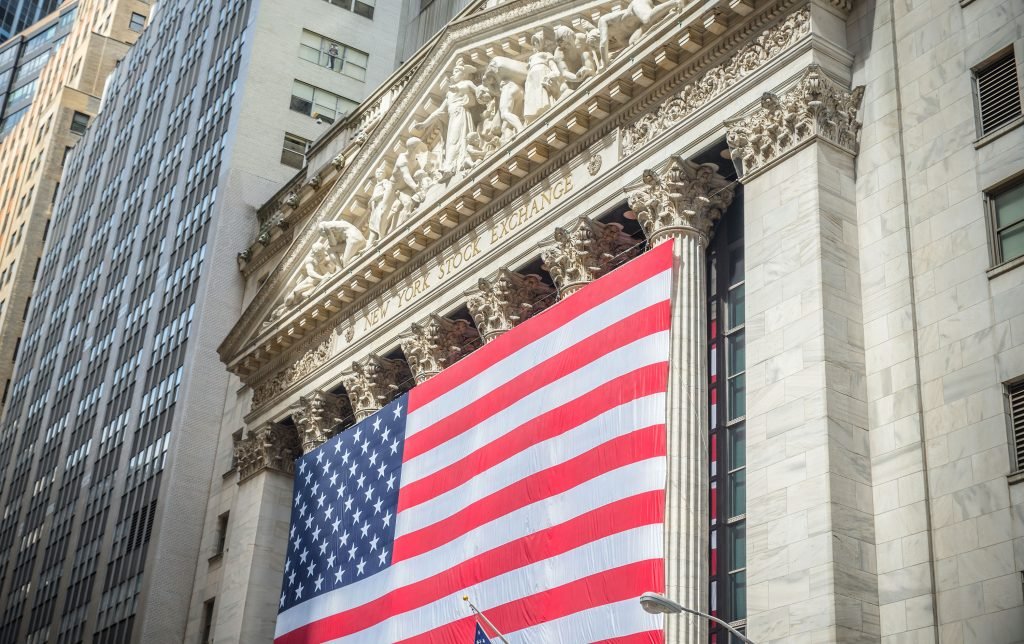 Series of 4~7 minutesLast updated4 months ago
Series of 4~7 minutesLast updated4 months agoWhy The Mysterious R-Star Should Be on Your Radar
Economists lose sleep over it. Central bankers get asked if we’re close to it. Most Americans don’t realize it, but their lives are quietly guided by it. The it here is the neutral rate of interest, also known as r-star or r*, which powers, penetrates, and binds all aspects of the economy.
-
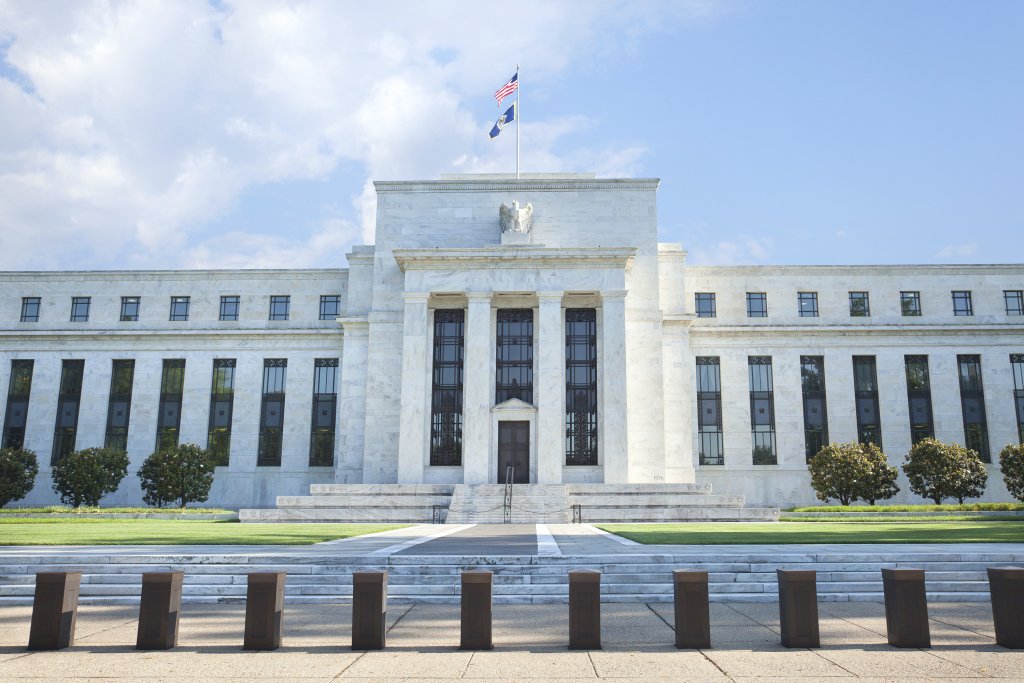 Series of 4~13 minutesLast updated1 year ago
Series of 4~13 minutesLast updated1 year agoThe Federal Reserve: What it is and why we care about it
Overview of the history, structure, and market impact of the Federal Reserve



